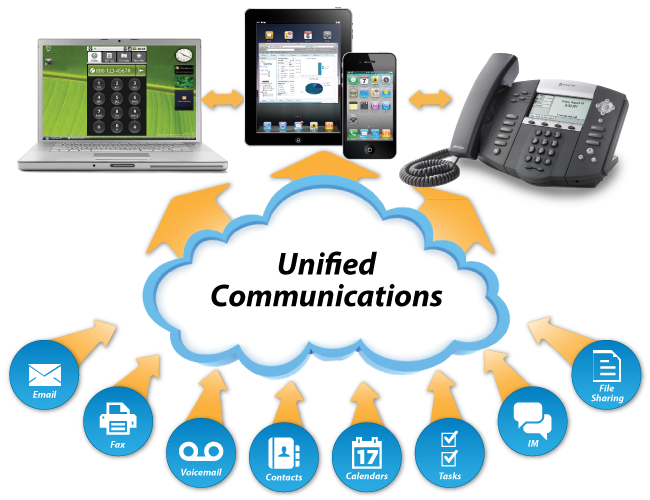 On January 18, 2022 the Office of the National Coordinator for Health Information Technology (ONC) finally released version 1 of the Trusted Exchange Framework, Common Agreement and the QHIN (Qualified Health Information Network) Technical Framework (QTF). Several years in the making, these documents represent the latest attempt at initiating a national health information exchange in the United States. This project is being managed by ONC’s Recognized Coordinating Entity (RCE), The Sequoia Project, and was inspired by both the HITECH Act and 21st Century Cures Act.
On January 18, 2022 the Office of the National Coordinator for Health Information Technology (ONC) finally released version 1 of the Trusted Exchange Framework, Common Agreement and the QHIN (Qualified Health Information Network) Technical Framework (QTF). Several years in the making, these documents represent the latest attempt at initiating a national health information exchange in the United States. This project is being managed by ONC’s Recognized Coordinating Entity (RCE), The Sequoia Project, and was inspired by both the HITECH Act and 21st Century Cures Act.
HITECH Act of 2009
See the following -
CMS Promoting Interoperability in 2021: All good things must come to an end?
 We have spent years involved with the management of the Center for Medicare and Medicaid Services (CMS) Electronic Health Records (EHR) Incentive Programs which were created by the HITECH Act (2009). These programs were recently renamed Promoting Interoperability (PI) programs. In a nutshell, these programs were tied to the Medicare and Medicaid insurance programs and provided financial incentives over a number of years to ambulatory providers and hospitals to adopt and use EHRs. Vendors submitted their technology products for testing and certification that they performed specific functions and could exchange data using specified message formats...But the provisions of the HITECH Act are due to expire on September 30, 2021 (see CMS timeline). These are the programs affected...
We have spent years involved with the management of the Center for Medicare and Medicaid Services (CMS) Electronic Health Records (EHR) Incentive Programs which were created by the HITECH Act (2009). These programs were recently renamed Promoting Interoperability (PI) programs. In a nutshell, these programs were tied to the Medicare and Medicaid insurance programs and provided financial incentives over a number of years to ambulatory providers and hospitals to adopt and use EHRs. Vendors submitted their technology products for testing and certification that they performed specific functions and could exchange data using specified message formats...But the provisions of the HITECH Act are due to expire on September 30, 2021 (see CMS timeline). These are the programs affected...
- Login to post comments
Is Cloud Faxing the Solution to the Health IT Usability and Interoperability Crisis?
 The Healthcare industry is in profound crisis as the HITECH Act of 2009 led medical facilities across the United States to spend in excess of $3 trillion on the purchase and implementation of expensive electronic health records (EHRs) under the Meaningful Use program. Yet, the most fundamental goals of electronic records Nirvana that were promised have not been achieved. For multiple reasons, EHRs have turned out to lack usability and be non-interoperable. In fact, most monopoly EHR vendors are engaged in what is commonly called “data blocking.” In most cases physicians are unable to obtain medical records for the patients they are seeing and patients have a hard time getting a hold of their own medical records. That means that the medical records are not available at the most important moment, the caregiver/patient encounter, and are not available to the patients themselves and their family members.
The Healthcare industry is in profound crisis as the HITECH Act of 2009 led medical facilities across the United States to spend in excess of $3 trillion on the purchase and implementation of expensive electronic health records (EHRs) under the Meaningful Use program. Yet, the most fundamental goals of electronic records Nirvana that were promised have not been achieved. For multiple reasons, EHRs have turned out to lack usability and be non-interoperable. In fact, most monopoly EHR vendors are engaged in what is commonly called “data blocking.” In most cases physicians are unable to obtain medical records for the patients they are seeing and patients have a hard time getting a hold of their own medical records. That means that the medical records are not available at the most important moment, the caregiver/patient encounter, and are not available to the patients themselves and their family members.
- The Future Is Open
- Login to post comments
ONC Finally Releases TEFCA—What it Might Mean to Public Health
- Login to post comments
Why Is Healthcare IT Under Fire?
The Office of the National Coordinator for Health IT has lost several key figures in recent months. An economic report suggests that meaningful use may have been a waste of money. Why is healthcare IT under such duress?...
- Login to post comments